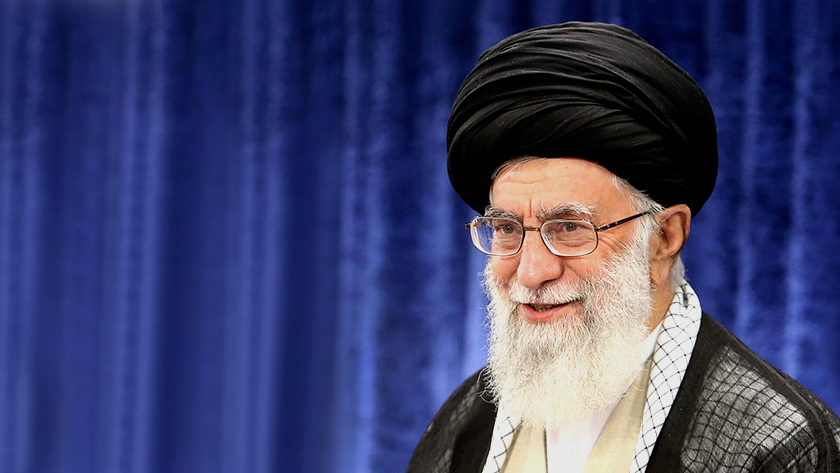In a move expressing clemency and compassion in the spirit of significant religious observances, Iran’s Supreme Leader Ayatollah Khamenei approved the commutation and penalties meted out to a tally of 2,654 convicts. The gesture is synchronised with the commemoration of the twin Islamic holidays of Eid al-Adha and Eid al-Ghadir.
The culled list of convicts was tendered by Gholmhossein Mohseni-Ejei, the Chief Justice of the Iranian Judiciary, to the Supreme Leader’s office. The momentous decision is expected to relieve the judiciary of a substantial backlog, and bring closure to many pending cases.
Eid al-Adha, also known as the Festival of Sacrifice, is held in high esteem by Muslims worldwide. It commemorates the readiness of Prophet Ibrahim, also known as Abraham in the Jewish and Christian traditions, to sacrifice his son at the behest of God’s command — a supreme act of submission and faith.
In a similar vein, Eid al-Ghadir venerates the occasion of Prophet Muhammad’s declaration of Ali ibn Abu Talib as his successor, hence a crucial event for Shia communities. The commutation and penalties for convicts on these holy days project the essence of these festivities — sacrifice, patience, obedience, and a change for better tomorrows.
In a parallel note of religious fervour, thousands of devotees thronged the sacred Al-Aqsa Mosque, offering prayers in observance of Eid Al-Adha. It served as a heartening testament to the enduring strength and unity of the Islamic faithful in turbulent times.
